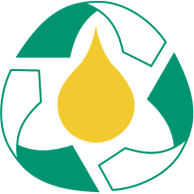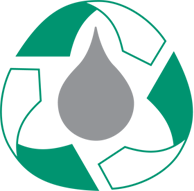2022 NATIONAL RESULTS FOR USED OIL RECOVERY
June 20, 2023 – Taking care of our environment and minimizing waste is crucial for a sustainable future. That’s why the Used Oil Management Associations (UOMA) are proud to report that they’ve collectively recovered 83.6%* of used automotive oil available for collection according to 2022 data. The recovery of used oil conserves valuable, non-renewable resources. These positive results provide encouragement for ongoing efforts to promote sustainable practices in Canada.
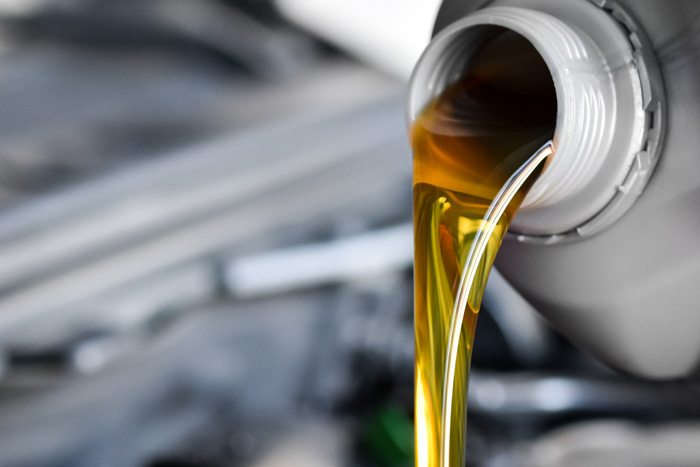
Nine industry-led provincial stewardship programs work in close collaboration to guide Canadian used oil recycling programs. These represent associations from British Columbia, Alberta, Saskatchewan, Manitoba, Québec, New Brunswick, Nova Scotia, Prince Edward Island, and Newfoundland and Labrador. In 2022*, 284.5 million litres of used oil were available for collection in these provinces, which resulted in 237.8 million litres collected.
“I encourage everyone to recycle their used oil and support a circular economy in Canada,” says Brian Ahearn, chair of the National Used Oil Material and Antifreeze Advisory Council (NUOMAAC).
UOMA’s extended producer responsibility (EPR) programs achieve environmental, economic and socio-economic successes on behalf of their members and all Canadians.
Why an extended producer responsibility program?
As Canada became increasingly aware of the need for sustainable practices, extended producer responsibility programs have emerged as one of the most effective solutions for end of life management of various resources. These programs are designed to provide accessible recycling services, which not only divert large amounts of material from landfills but also support the economy through innovative solutions.
In most of Canada, producers of automotive materials are required by regulations to have a collection and management program for the materials that they make and sell. The Used Oil Management Associations of Canada oversee these programs on behalf of producers.
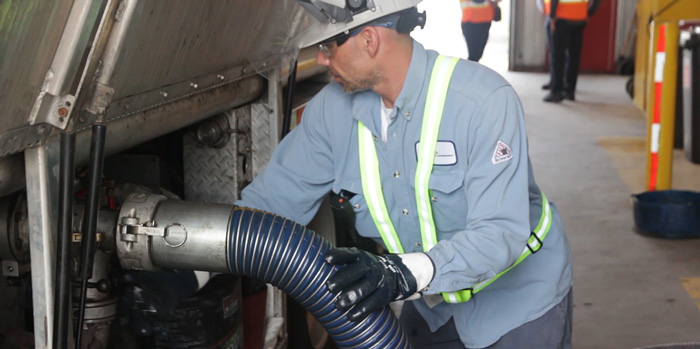
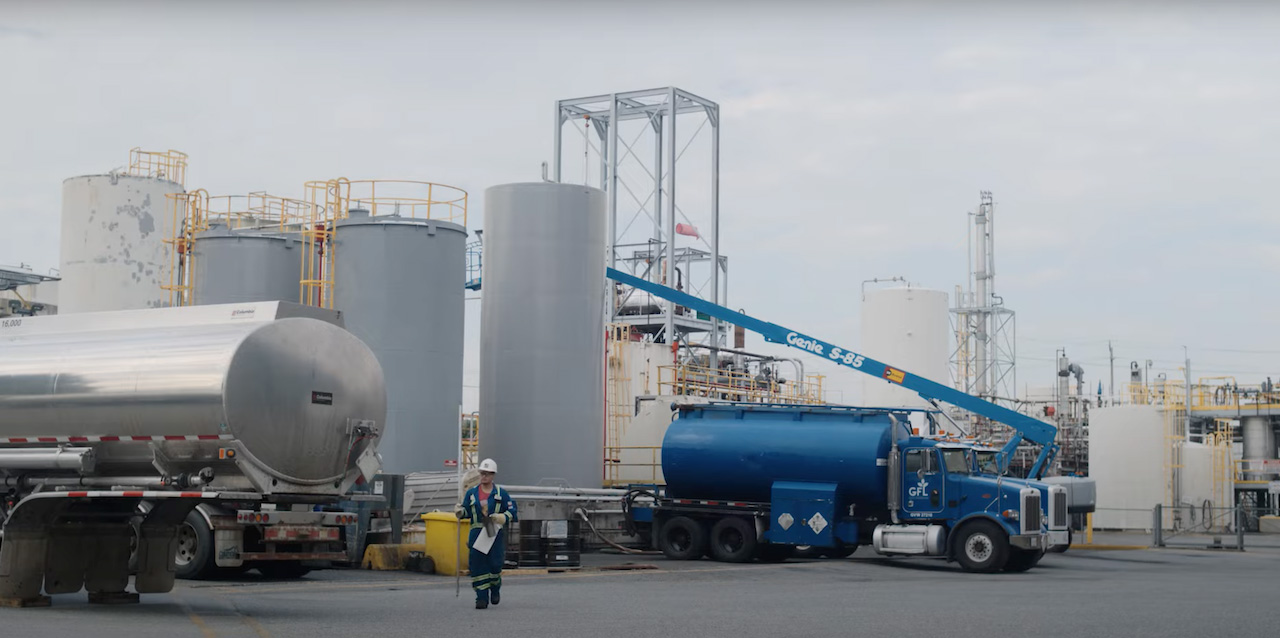
Why is end of life management of used oil important?
Used oil can contain heavy metals and other contaminants due to circulating through engines, but it can be re-refined. This means that we can create new products without having to extract new resources from the earth, creating a sustainable closed-loop system. Valuable, non-renewable resources continue to be recovered, recycled and reused across the country. Find a collection point or registered collector today at usedoilrecycling.com.
* Alberta’s data is from April 1, 2021 to March 31, 2022.
About the Used Oil Management Associations of Canada
Inter-provincial cooperation of the provincial Used Oil Management Associations (UOMA) is formalized through the National Used Oil Material and Antifreeze Advisory Council (NUOMAAC), which coordinates the Canadian used oil and antifreeze materials recycling effort and encourages national standards. The waste streams include used oil, used oil filters, used antifreeze, used plastic oil/antifreeze/DEF containers and pails, and aerosol cans.

